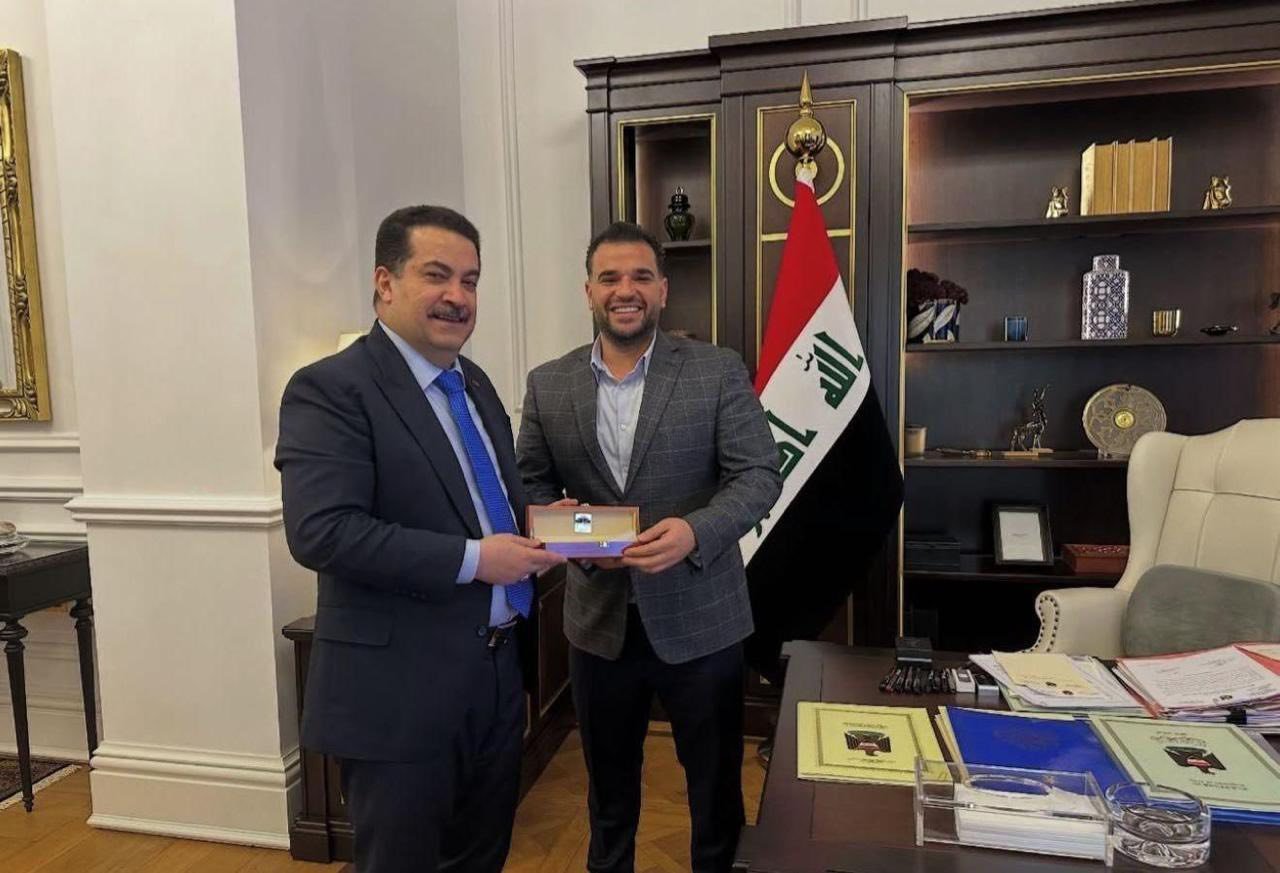Trump’s Special Envoy Appointment Signals Shift to “Backstage” Deals in Iraq

U.S. President Donald Trump has appointed Mark Savaya as his special envoy to Iraq, signaling a renewed American focus on the country, particularly on sensitive files such as countering Iranian influence, deterring militias, and advancing energy and commercial deals. The appointment arrives just twenty days before Iraq’s parliamentary elections, underscoring its strategic timing.
Context: Savaya is of Iraqi Chaldean Catholic origin and speaks Iraqi Arabic fluently. He becomes Trump’s fifth special envoy appointed to a specific country or region, joining those designated for Syria, Ukraine, the Middle East, and the UK.
Analysis: The choice to appoint a special envoy to Iraq, rather than a traditional ambassador, is unusual. Under normal diplomatic practice and the framework of U.S.–Iraq relations, such engagement would be handled by the embassy. Since Ambassador Alina Romanowski’s departure in December 2024, the U.S. embassy in Baghdad has been led by a chargé d’affaires. Special envoy positions are traditionally reserved for specific missions during crises or conflicts, or for delivering political messages that fall outside conventional diplomatic channels. This suggests the appointment may be tied to particular strategic files, including Iraq’s oil sector. The move indicates clear prioritization: Trump is positioning a political operative in Iraq with direct access to the White House who can advance several cases of particular importance to the administration.
Available information about Savaya, combined with the current geopolitical landscape, offers several indicators of what this might mean for U.S. policy in Iraq in the coming period.
First, Savaya appears to have cultivated warm relations with Iraqi Prime Minister Mohammed Shia al-Sudani. Photographs show the two smiling and shaking hands, suggesting previous meetings and an established rapport. Further evidence of their connection comes from Savaya’s apparent central role in backdoor negotiations mediated by al-Sudani that secured the release of Israeli-Russian researcher Elizabeth Tsurkov, who had been abducted in Iraq by Iran-backed Kataib Hezbollah. This was viewed as a significant diplomatic victory for al-Sudani, particularly as it enhanced his standing with Washington at a time when other pro-Iranian actors in the region have been sidelined or substantially weakened.
This development comes as Iraq prepares for parliamentary elections on November 11, where al-Sudani is seeking a second term as prime minister and American support remains central to his prospects. The appointment’s timing is also noteworthy, coming just days after the widely publicized photograph of al-Sudani shaking hands with Trump at the Peace Summit in Sharm el-Sheikh. Some observers have speculated that the envoy appointment may have been coordinated with al-Sudani’s team to bolster his reelection bid. While these remain speculative assessments, if such arrangements have indeed been made, it raises questions about whether Savaya may have secured contracts, exemptions, investments, or commitments during earlier visits to Iraq alongside American business figures in exchange for smoothing al-Sudani’s path to a second term, given their multiple prior meetings.
Trump's Special Envoys
Trump’s remarks at Sharm el-Sheikh about Iraq’s “immense but underused oil wealth” may hint at a forthcoming U.S. push to reshape Iraq’s energy and commercial environment in ways that align with his transactional approach to foreign policy. Savaya’s business background reinforces this interpretation.
Another key signal points toward a robust U.S. effort to institutionally marginalize pro-Iranian elements and Shia militias without resorting to kinetic action, given that direct military intervention represents Trump’s least favored option. Tsurkov, who appears to know Savaya personally, notes that he holds strongly anti-Iranian views, which extend to pro-Iran militias. The U.S. recently succeeded in preventing the Popular Mobilization Forces legislation from advancing through the Iraqi parliament. Now, with the appointment of a special envoy holding pronounced anti-Iran positions, the period following November’s elections may see efforts to institutionally weaken these militias and press for their integration into Iraq’s formal security forces.
Savaya’s personal background also adds an interesting dimension. As a Chaldean Catholic likely originating from Tel Keppe or Tel Kaif in the Nineveh Plains, a disputed territory, his community’s historical tensions with Kurdish actors may influence his personal outlook.
Regarding relations with the Kurdistan Region, while Savaya is bound by the Trump administration’s overarching policy framework, he may personally lean more sympathetic toward Baghdad given the historical tensions that many diaspora Christians from the disputed territories harbor toward Kurdish governance. However, his business background suggests a pragmatic willingness to engage Kurdish leaders for deal-making purposes.
On balance, at a personal level, he may prove more sympathetic to Baghdad’s position in relation to the Kurdistan Region, particularly if al-Sudani secures reelection and pursues an Iraq-first policy trajectory that involves distancing from Iran. Should this scenario materialize, it could tip the balance in Baghdad’s favor in its ongoing power struggle with Erbil.









